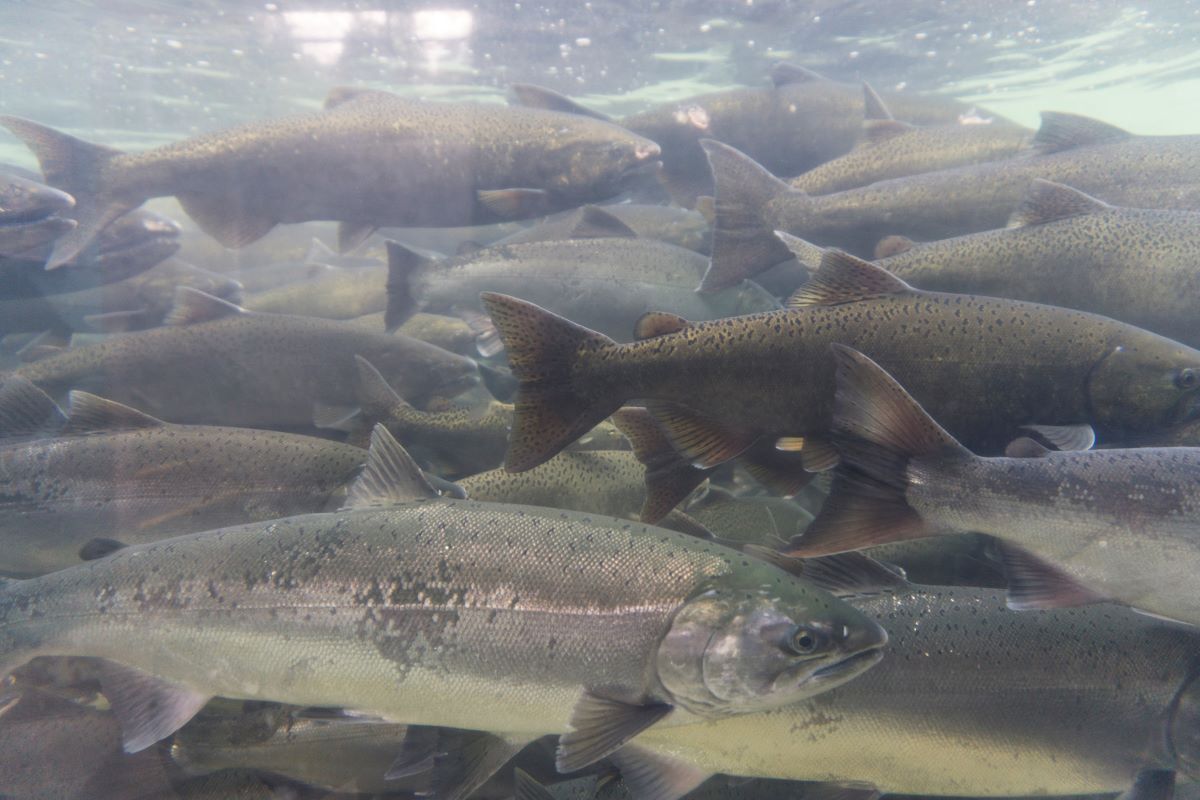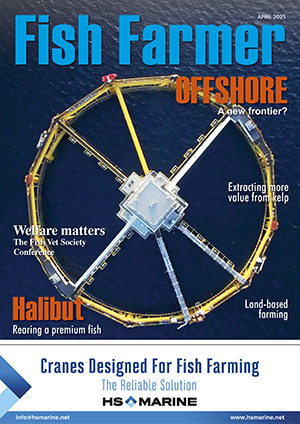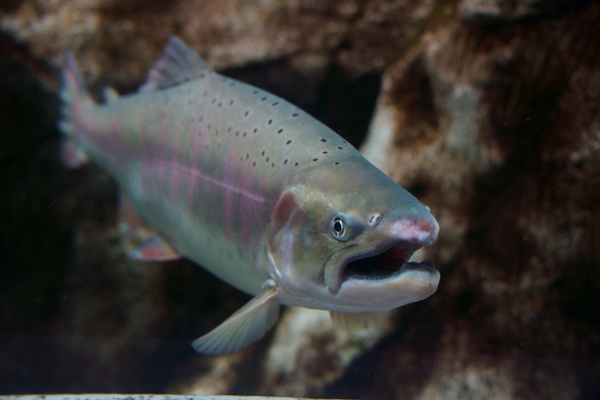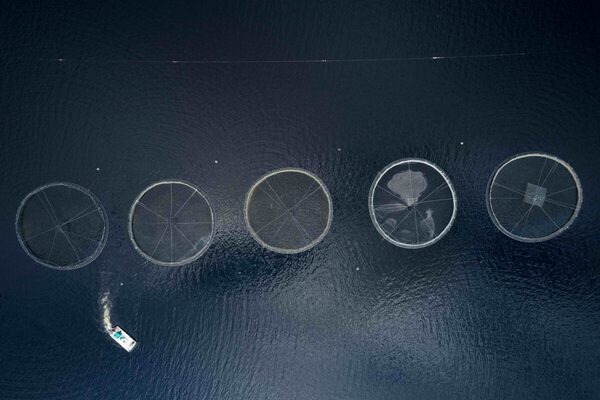Bacterial kidney disease fears add to Norway's salmon problems
Norway’s salmon farmers are facing more biological pressure, following a suspected case of bacterial kidney disease (BKD).

The incident follows the discovery of suspected infectious salmon anaemia (ISA) earlier this week.
BKD is now feared at a Hofseth Sea farming site in the Møre and Romsdal region.The suspicion follows samples taken during a routine visit to the site.
Test results taken on Wednesday this week showed a positive finding of Renibacterium salmoninarum, a bacteria associated with BKD, in just one fish after PCR analysis. Bacterial kidney disease in salmon is a serious and often fatal disease. It can lead to significant mortality with mortalities reported as high as 80% in some cases. While BKD primarily affects salmonids, it can also impact other fish species.
The Norwegian Food Safety Authority said everyone who travels in the area and engages in activities related to fish farming must exercise the necessary care to avoid the spread of any disease.
It said it will ensure that samples are taken and sent to the Veterinary Institute for possible verification and confirmation of the diagnosis.
To limit the spread of infection, restrictions have been imposed on the location, including a ban on moving fish without special permission.
The authority adds: “Farms in the area must be particularly vigilant for BKD during all health inspections. It is important to prevent further spread between farms or to wild fish through fish, equipment and boats.
“Equipment, boats and crew should not be shared between multiple aquaculture facilities. If this cannot be avoided, there should be routines for cleaning and disinfection.”




